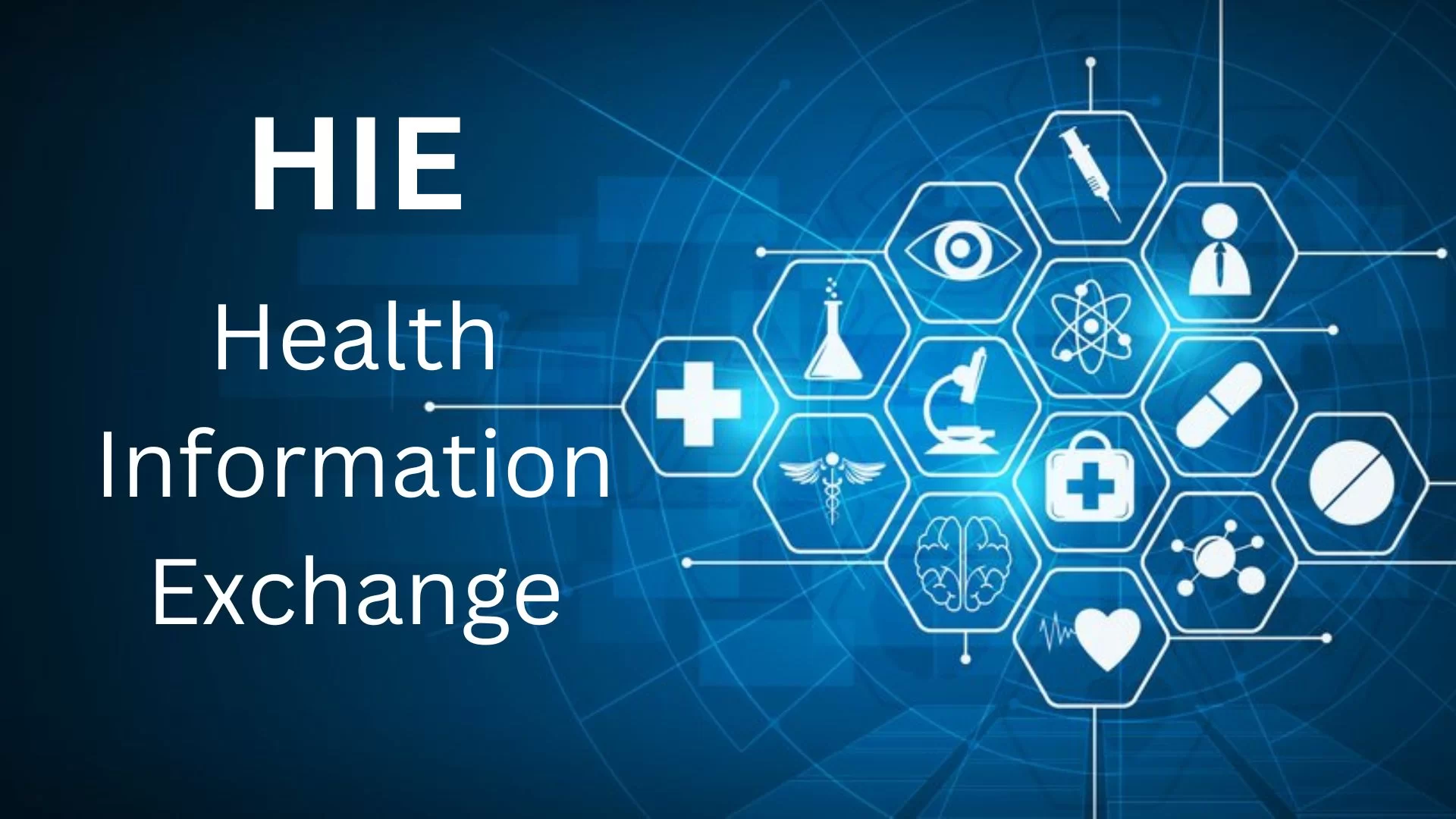Health Information Exchange (HIE) Sharing Health Data for Better Care
Health Information Exchange (HIE) is a system that allows for the secure electronic exchange of health information between healthcare providers. By enabling the sharing of patient data, HIEs aim to improve patient care, reduce healthcare costs, and enhance public health.
How HIE Works
HIEs utilize technology to connect different healthcare organizations, such as hospitals, clinics, and laboratories. When a healthcare provider needs to access a patient’s health information, they can query the HIE, which then retrieves the necessary data from various sources. This allows for a comprehensive view of the patient’s medical history, including:
- Clinical Documents: Lab results, radiology images, and discharge summaries
- Medication Lists: Current and past medications
- Allergy Information: Known allergies and adverse drug reactions
- Immunization Records: Vaccination history
Benefits of HIE
- Improved Patient Care: HIEs enable healthcare providers to make more informed decisions, leading to better patient outcomes.
- Reduced Medical Errors: By providing access to complete patient information, HIEs can help prevent medical errors and adverse drug reactions.
- Enhanced Care Coordination: HIEs facilitate communication and collaboration between healthcare providers, ensuring seamless care transitions.
- Increased Efficiency: HIEs streamline administrative processes, reducing paperwork and improving efficiency.
- Improved Public Health: HIEs can be used to track disease outbreaks, monitor public health trends, and implement preventive measures.
Challenges and Considerations
While HIEs offer numerous benefits, there are challenges to overcome:
- Interoperability: Ensuring seamless data exchange between different healthcare systems can be complex.
- Data Privacy and Security: Protecting sensitive patient information is crucial to maintain trust and compliance with regulations.
- Cost: Implementing and maintaining HIEs can be expensive, especially for smaller healthcare organizations.
- Legal and Ethical Considerations: Addressing legal and ethical issues related to data sharing and privacy is essential.
The Future of HIE
As technology continues to advance, HIEs are becoming increasingly sophisticated. The future of HIEs includes:
- Advanced Analytics: Using AI and machine learning to analyze large datasets to identify trends and improve patient care.
- Patient Portals: Empowering patients to access and manage their health information online.
- Integration with Wearable Devices: Incorporating data from wearable devices to provide a more comprehensive view of patient health.
By overcoming challenges and embracing innovation, HIEs can continue to transform healthcare delivery and improve patient outcomes.
Would you like to know more about a specific aspect of HIE, such as interoperability or data security?

